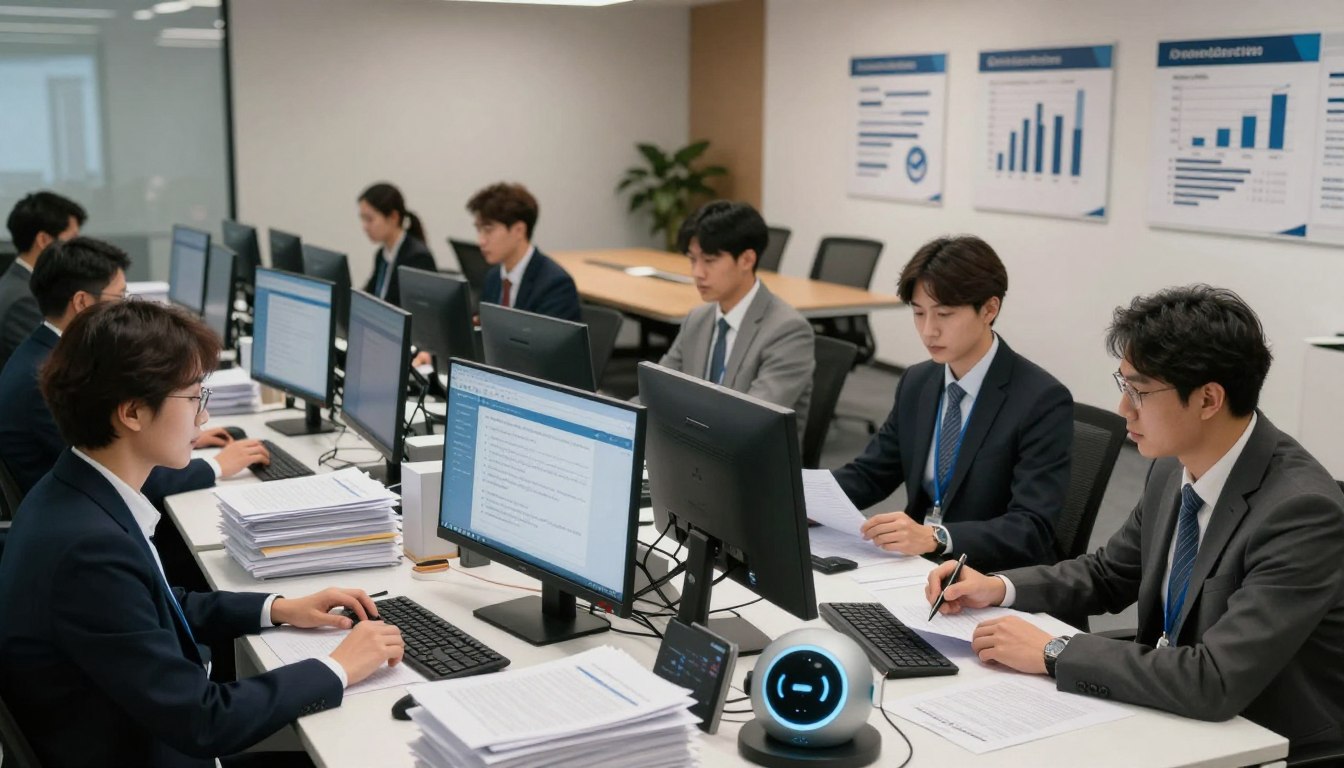by jiawen
Share
Share
Singapore’s collaboration with other ASEAN countries
Last month in November, Monetary Authority of Singapore (MAS) has announced their partnership with central bank of the Philippines, Bangko Sentral ng Pilipinas (BSP). This is a significant milestone for both countries in facilitating transfers between Singapore and the Philippines. On the other hand, the increasing number of Malaysian migrants in Singapore and growing economic activities have triggered a surge in volume of remittances between two countries, which hit RM4.2 billion (approximately SG$1.3 billion) in 2020. On top of that, the rise of digital payment adoption further intensified the need for a seamless cross-border payment system. For this reason, MAS is working closely together with Bank Negara Malaysia (BNM) to establish a Duit Now-Pay Now linkage. This enables users to make instant transfers between Singapore and Malaysia using a phone number. Such collaborations with neighbouring countries help to drive interoperability of cross-border money transfer and promote ASEAN financial integration.
What are the building blocks to enhance cross-border payments?
With reference to the report published by Committee on Payments and Market Infrastructures (CPMI), we can classify the set of building blocks into five focus areas. These areas include (i) public and private sector commitment; (ii) regulatory, supervisory and oversight framework; (iii) existing payment infrastructures and arrangements; (iv) data and market practices; and (v) new payment infrastructures and arrangements. To summarise, it is important for public and private sectors to share a common vision and target while easing the process of sending and receiving funds across borders. This requires a consistent, relevant rules and standards that will not compromise or weaken the regulations of another jurisdiction. Other than making continuous technical and operational improvements, exploration of new cross-border payment infrastructure and standardisation of data exchange can also help to tackle some of the cross-border payment frictions and form a strong base that supports the practical implementation of the roadmap.
Conclusion
With an increasing number of international trade and investment, it has changed the existing payment ecosystem and resulted in the rising demand for a faster, cost effective and inclusive cross-border payment. Countries can cater to the rising demand by establishing an integrated solution with a sound management of money laundering and terrorist financing risks that can enhance cross-border connectivity. In brief, cross-border payments can serve as an engine stimulating post pandemic economic growth and enabling interoperable payments among participating countries.
How We Can Help
- Offer Professional Advice on the Specific Licence Requirements
- Assist with the PSP Licence Application
- Review the Submission Documents (Form 1 and the supporting documents)
- Liaise with MAS on Licence Application-related matters
- Provide On-going Compliance Support Post-Licence Approval
Reference Materials
Bank for International Settlements (2020). ‘Enhancing cross-border payments: building blocks of a global roadmap’. Available at: https://www.bis.org/cpmi/publ/d193.pdf
Bank Negara Malaysia (2021). ‘Malaysia’s DuitNow and Singapore’s PayNow to Link in 2022’. Available at: https://www.bnm.gov.my/-/malaysia-duitnow-and-singapore-paynow-link-in-2022
Monetary Authority of Singapore (2021). ‘MAS and BSP to Pursue Cross-border Payment Linkages’. Available at: https://www.mas.gov.sg/news/media-releases/2021/mas-and-bsp-to-pursue-cross-border-payment-linkages
Explore SFO, MAS Licensed, CMS License requirements for 13O, 13U, and AML/CFT policy in Singapore.
Outsource your insurance broker's compliance needs to Alder - experts in MAS filings, AML/CFT, and Outsourced Compliance.
Venezuela-linked cases can trigger higher sanctions and AML/CFT risk. Alder supports Singapore firms with customer screening and outsourced compliance for peace of mind.
Compliance should not slow a fund down. We support VCFMs with right-sized, cost-efficient compliance that scales as you grow, so you can focus on investing while regulatory expectations are met.






